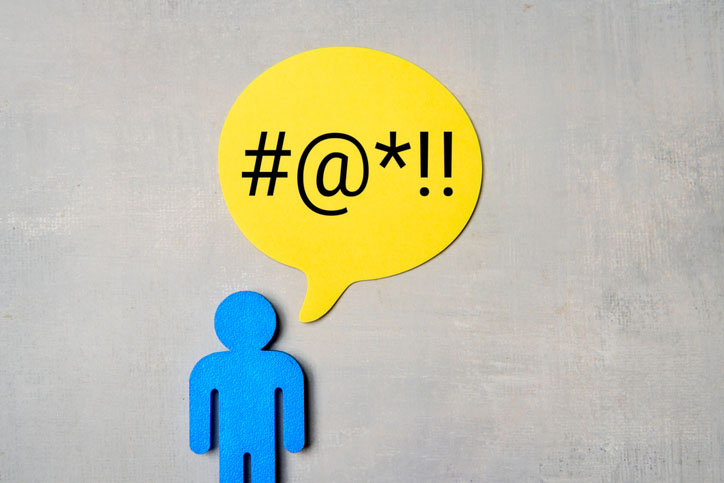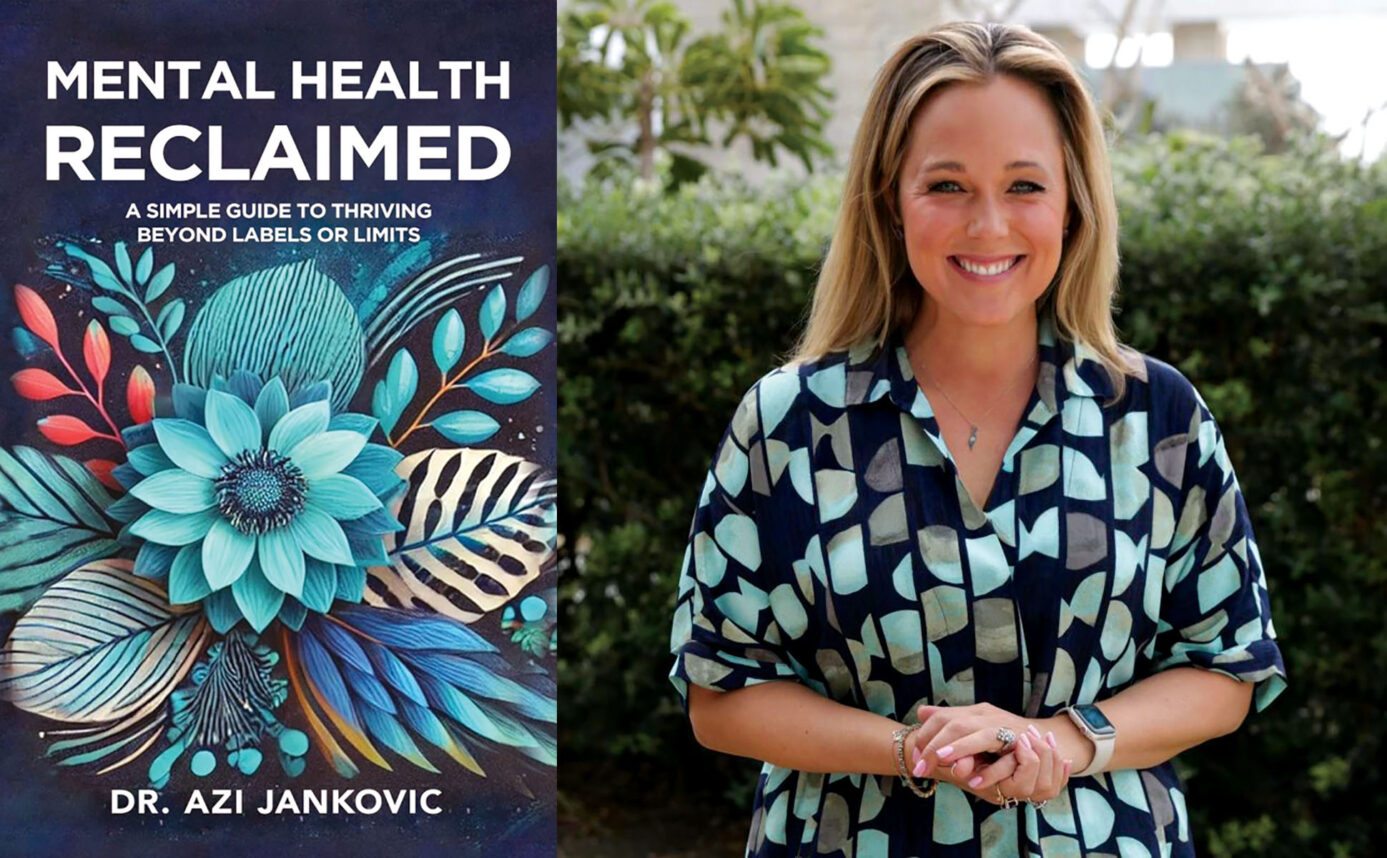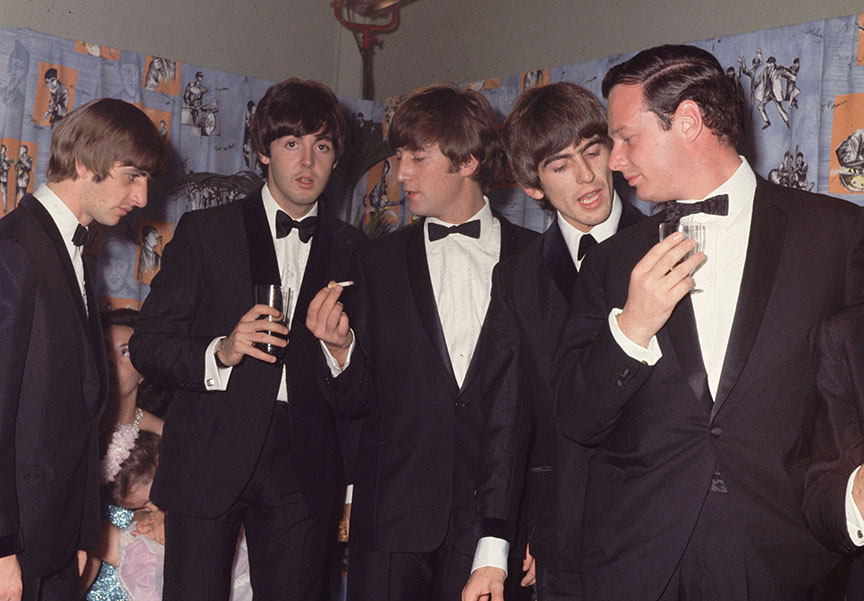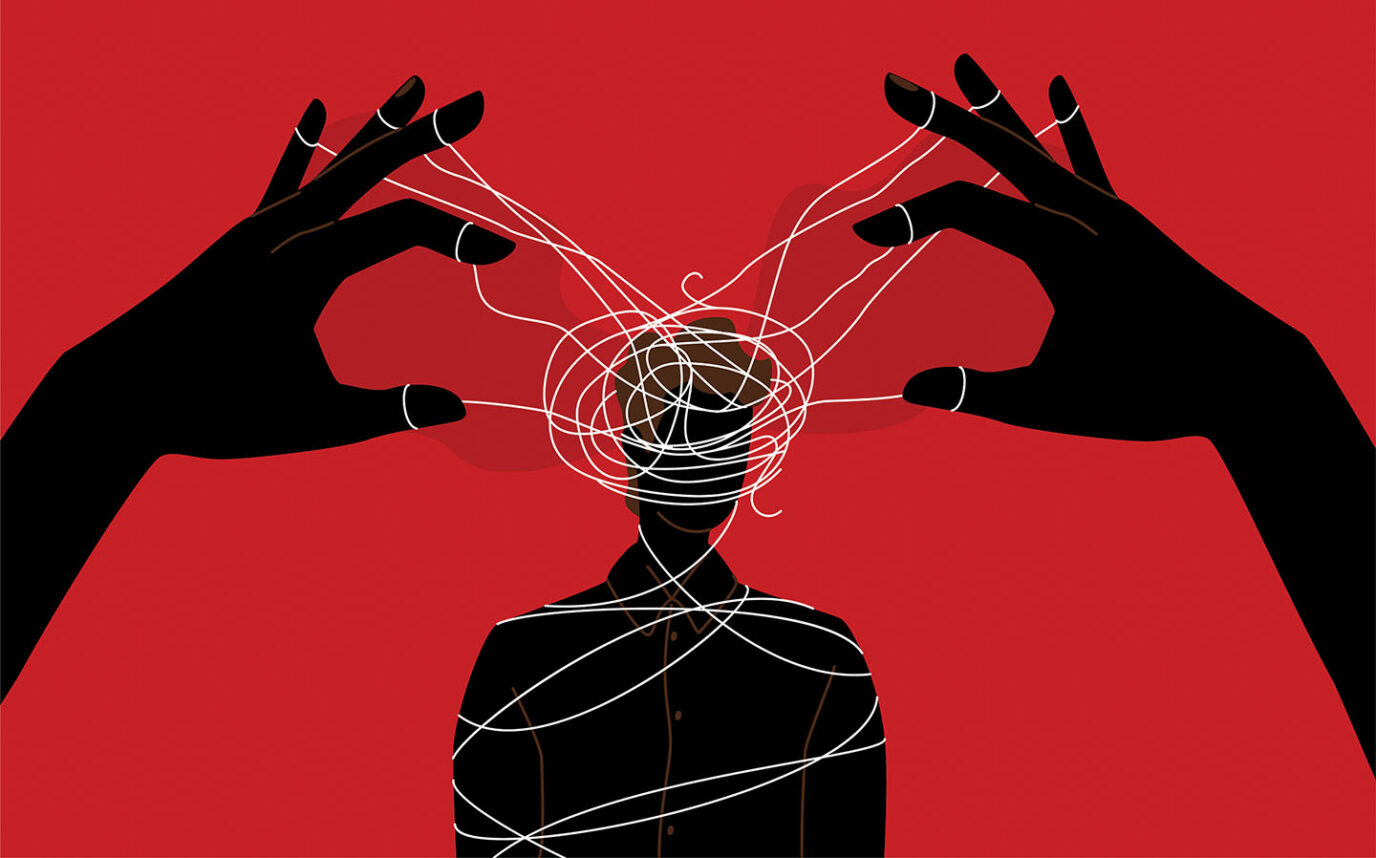
The email from Amazon Prime Video beckoned, “Based on the shows you watch, we think you might enjoy watching ‘Wear Whatever the F You Want,’ now available.” Their algorithms must be off. Despite the fascinating costumes in “Wolf Hall” — my most recent entertainment binge — nothing I’ve streamed suggests I’d enjoy a show about the fashion industry, let alone one that has the “F” word in its title.
Profanities have been gaining in currency and losing shock value for years, but lately we’re seeing an explosion in expletives. A rising tide of literature, movies, articles, podcasts, and even some business names and consumer products are laced with four-letter words. Casual conversation is full of it, so to speak. Respectable media outlets used to publish only the first letter of a swear word followed by asterisks or dash lines. Now many are dropping the asterisks and dash lines. I’ll miss them.
I understand that language evolves over time, reflecting changing societal mores. In some ways we’ve grown more sensitive about language usage in a good way, such as using gentler terms to describe people with disabilities. In other ways we’ve become draconian: A few college professors have actually been suspended because “the N-word” was part of a class reading from “The Adventures of Huckleberry Finn.”
Sometimes, profanity expresses rebellion, a mutiny against society’s rules. Often, it’s the language of anger and hostility: rude, crude, and lewd. Being exposed to it so often desensitizes us to it, but who benefits from being desensitized to hostile, angry language? I see only a race to the bottom in civility and culture from our promiscuous use of swearing.
I’m especially turned off by pockets of the literary world where writers are fast and free with four-letter words in their works. They may enjoy the feeling of being bold truth-tellers, but when your artistry relies on mining our rich language to express an emotion or paint a picture, persistent use of crude obscenities feels lazy, unoriginal, and alienating.
Nearly 20 years ago I first wrote about the dangers of our increasingly profane society. Then, virtually every study on the topic concluded that people who swore frequently rated higher on levels of anger and unhappiness, and were also considered less intelligent and less disciplined than more disciplined communicators. Now? Do a search about the impact of swearing and most recent studies endorse swearing as cathartic, a healthy way to get all that upset out of your system. Could these researchers have begun with their conclusion first and artfully crafted their questions later?
I’m no purist about language. I accept occasional profanities in movies, music, literature, and conversation when they’re measured and not egregious. I’ve lobbed a few myself in heated moments of frustration or anger, never judging others who do the same. But words matter, full stop. This avalanche of casual swearing moves us in the wrong direction of building a better, more dignified, kinder society.
I don’t buy from stores featuring merchandise with swear words, unsubscribe to publications that include them too often, and stop watching shows that are otherwise enjoyable for the same reason. Obscenities may now be ubiquitous, but each exposure feels like a little hammer blow against my soul. Even friends who swear regularly admit to feeling like this thing is a bit out of control.
God created the world with words. And God gave language to us as a distinctly human gift, a gift of creativity and building to be used with thoughtfulness and self-restraint. Because we have so much power through speech, our laws of lashon hara (literally, “bad speech”) teach us how to carefully wield this power. If we curse others, we risk having those curses ricochet back to us. How often are we cursing the people we disagree with? Or who annoy us? Maybe there’s a better way to deal with these frustrations. We can use words to build, encourage, nurture, and inspire. Or we can demean, slander, cause pain, or cause other damage with our words. The impact of our words can be life-changing on ourselves and on others. The choice is ours.
Judy Gruen is the author of “Bylines and Blessings,” “The Skeptic and the Rabbi,” and other books. She is also a book editor and writing coach.


































 More news and opinions than at a Shabbat dinner, right in your inbox.
More news and opinions than at a Shabbat dinner, right in your inbox.